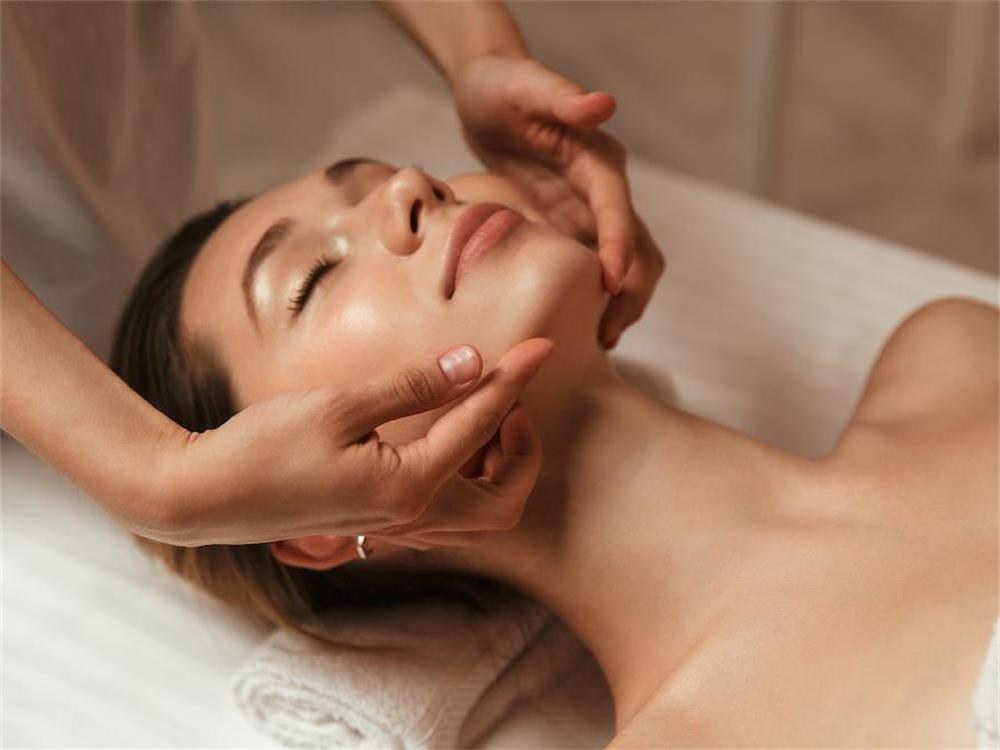Sleep is essential for overall health and well-being, and it plays a vital role in the health and appearance of your skin. During sleep, your body repairs and regenerates tissues, including the skin. Lack of sleep can lead to a variety of skin problems, including dark circles, dullness, fine lines, and wrinkles. In this article, we will discuss the importance of sleep for your skin and provide tips on how to get more of it.
The Importance of Sleep for Your Skin
- Collagen Production
Collagen is a protein that is essential for healthy, youthful-looking skin. As we age, the production of collagen slows down, which can lead to wrinkles, fine lines, and sagging skin. During sleep, the body produces collagen, which helps to repair and regenerate damaged skin cells. Lack of sleep can lead to a decrease in collagen production, which can contribute to the signs of aging.
- Stress Reduction
Stress can have a negative impact on the skin, leading to acne, inflammation, and premature aging. Sleep is an essential way to reduce stress levels, which can help to improve the overall health of the skin. During sleep, the body produces cortisol, a hormone that helps to regulate stress levels. Lack of sleep can lead to an increase in cortisol levels, which can contribute to skin problems.
- Skin Hydration
During sleep, the body produces more human growth hormone (HGH), which helps to stimulate the production of collagen and elastin. These proteins are essential for maintaining the elasticity and firmness of the skin. HGH also helps to increase skin hydration, which can prevent dryness and flakiness.
- Skin Cell Renewal
During sleep, the body goes through a process of skin cell renewal. Skin cells are repaired and regenerated, and new skin cells are produced. This process is essential for maintaining healthy, youthful-looking skin. Lack of sleep can disrupt the process of skin cell renewal, leading to dullness and uneven skin texture.
- Under Eye Circles
Lack of sleep can lead to dark circles under the eyes. This is because when we don’t get enough sleep, blood vessels dilate, causing the skin to look darker. This can lead to a tired, aged appearance, even if you’re not feeling tired.
How to Get More Sleep
- Stick to a Sleep Schedule
One of the most important things you can do to improve your sleep is to stick to a sleep schedule. Try to go to bed and wake up at the same time every day, even on weekends. This can help to regulate your body’s internal clock and improve the quality of your sleep.
- Create a Relaxing Bedtime Routine
Creating a relaxing bedtime routine can help to prepare your body for sleep. This can include taking a warm bath, reading a book, or practicing relaxation techniques such as meditation or deep breathing.
- Create a Sleep-Conducive Environment
Creating a sleep-conducive environment can help to improve the quality of your sleep. Make sure your bedroom is cool, quiet, and dark. Use blackout curtains or an eye mask to block out light, and use a white noise machine or earplugs to block out noise.
- Limit Screen Time Before Bed
The blue light emitted by electronic devices such as smartphones, laptops, and tablets can disrupt your body’s natural sleep-wake cycle. Limit screen time before bed to improve the quality of your sleep.
- Avoid Stimulants Before Bed
Stimulants such as caffeine and nicotine can interfere with sleep. Avoid consuming these substances before bed to improve the quality of your sleep.
- Exercise Regularly
Regular exercise can help to improve the quality of your sleep. Aim for at least 30 minutes of moderate-intensity exercise every day, but avoid exercising too close to bedtime, as this can interfere with sleep.
- Avoid Alcohol Before Bed
Although alcohol can help you fall asleep, it can also interfere with the quality of your sleep. Avoid consuming alcohol before bed to improve the quality of your sleep.
In conclusion, sleep is essential for the health and appearance of your skin. Lack of sleep can lead to a variety of skin problems, including dark circles, dullness, fine lines, and wrinkles. To improve the quality of your sleep, stick to a sleep schedule, create a relaxing bedtime routine, create a sleep-conducive environment, limit screen time before bed, avoid stimulants before bed, exercise regularly, and avoid alcohol before bed. By prioritizing sleep, you can improve the health and appearance of your skin and overall well-being.










